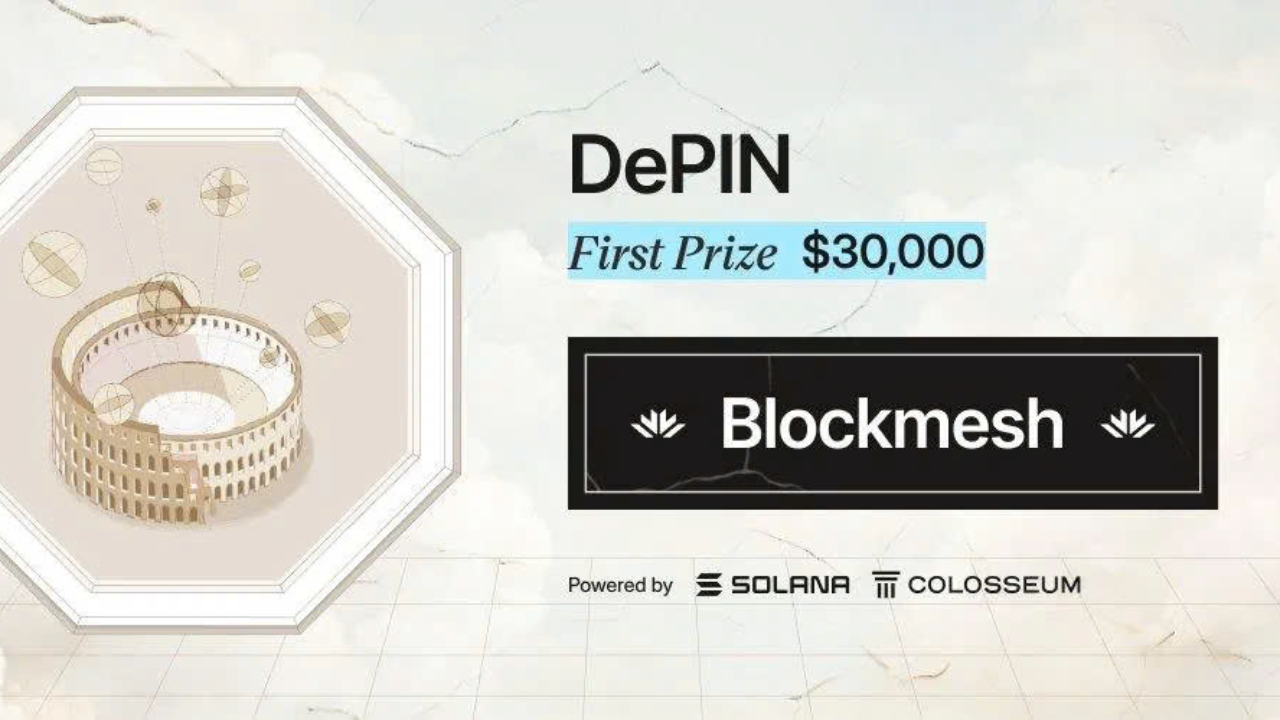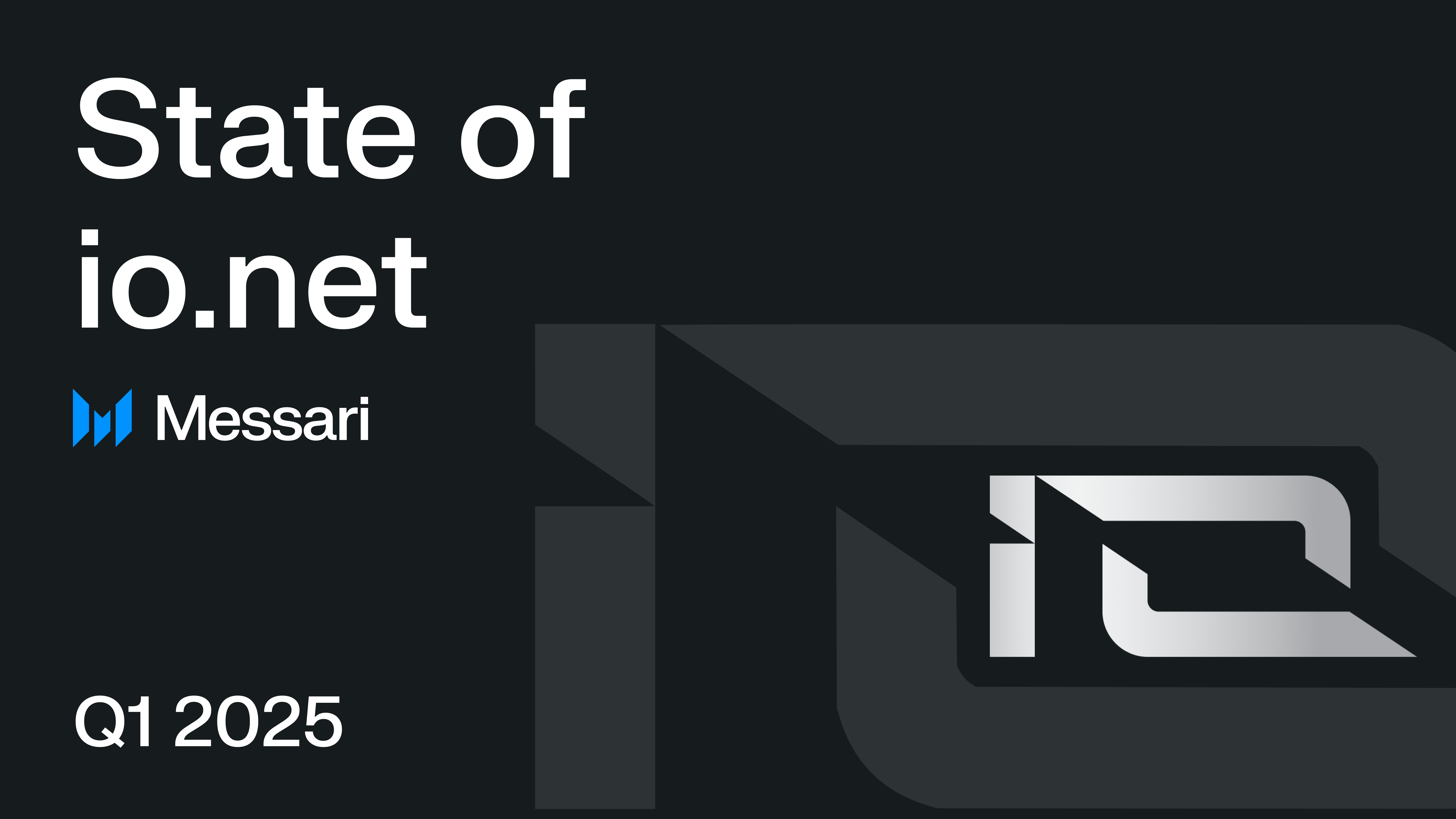Exploring Blockmesh: A New Opportunity in DePIN and Airdrop Participation

Blockmesh, a decentralized physical infrastructure network (DePIN) project, has gained significant attention after winning the Solana Renaissance Hackathon. This innovative project leverages AI technology to create a decentralized monitoring model that enables users to monetize their idle bandwidth and computing resources. By doing so, Blockmesh allows individuals to generate passive income from their unused resources, while also ensuring that AI activities are closely monitored to mitigate risks such as misinformation and privacy invasion. The project is reminiscent of other successful models like Grass, Dawn, Nodepay, and Gradient, and it has already attracted over 60,000 participants eager to engage in its airdrop program.
Currently, Blockmesh has launched a Node program that allows users to accumulate points, which will later be converted into airdrops. To participate in this airdrop, users must follow a straightforward process that includes registering for a Blockmesh account, downloading the Blockmesh Network app from the Chrome store, and connecting their Solana wallet and Twitter account to boost their points. The project emphasizes that users should operate under the principle of one device, one Wi-Fi connection, and one account to ensure compliance with its guidelines. However, it is important to note that the development team, investment fund, and tokenomics details have yet to be announced, leaving some uncertainty about the project’s future.
In summary, Blockmesh presents a unique opportunity for users to engage with a cutting-edge DePIN project while earning potential rewards through its airdrop program. As the project evolves, participants are encouraged to stay informed about updates and developments. The insights provided in this article aim to equip readers with the necessary knowledge to effectively navigate the airdrop opportunity and maximize their involvement in the Blockmesh ecosystem. By following the outlined steps, users can position themselves to benefit from this promising initiative in the rapidly growing blockchain landscape.
Related News





